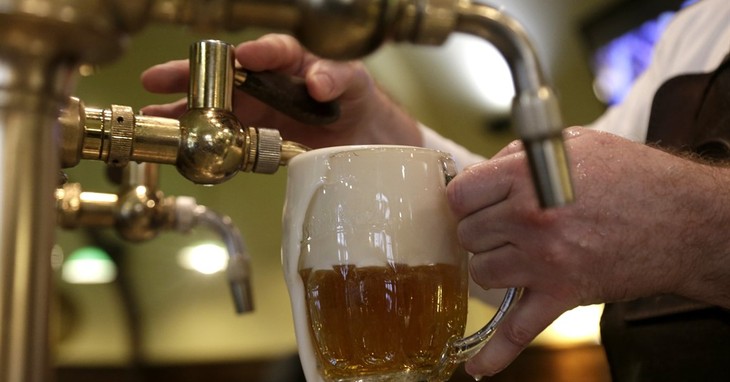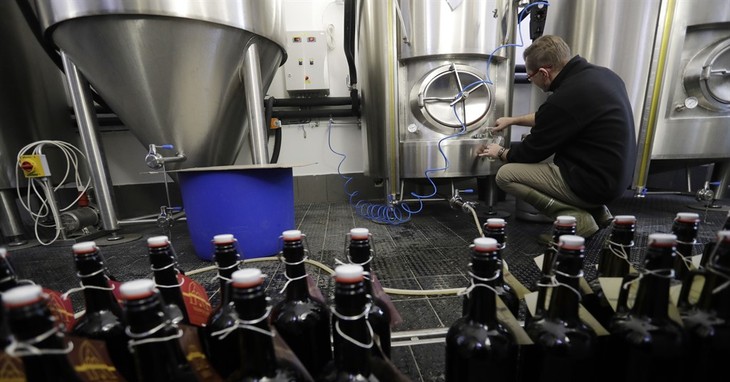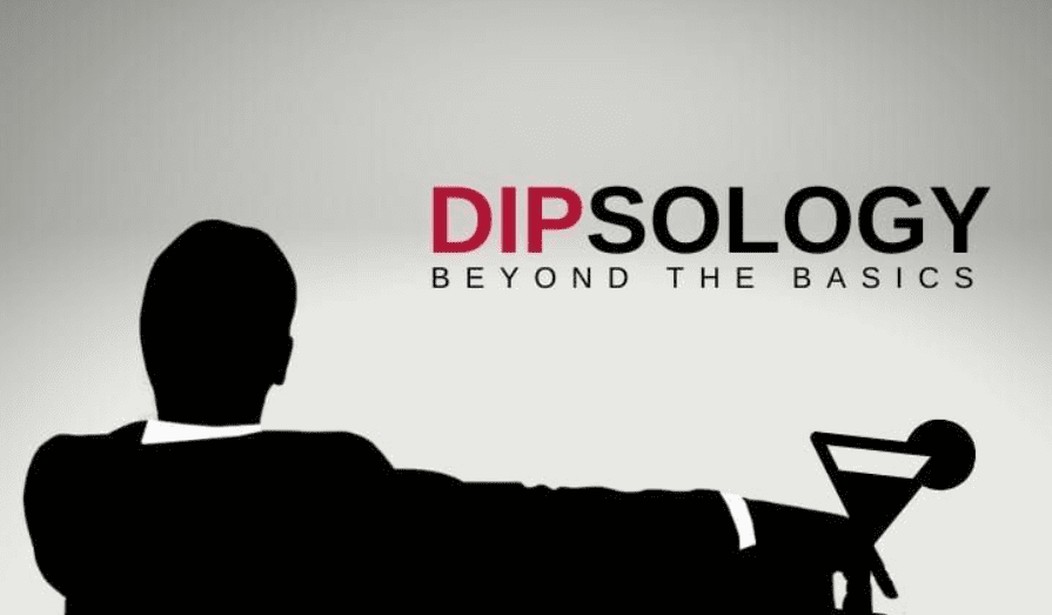Talk of a CO2 shortage threatening the beer and drinking industry bubbles up once again.
Reuters came out with a very disturbing announcement regarding a potential threat to our leisure time consumption practices. Word has it that the food and beverage industry is facing a crisis, in that carbon dioxide is said to be in short supply, and this shortage can have far-reaching effects on some food, including the beef industry, as well as soda, and it will even impact beer production. This is said to be affecting those markets in a matter of weeks.
Britain’s meat industry on Friday warned that an impending shortage of carbon dioxide (CO2) could cause massive disruption to food supplies. The gas is used to stun animals before slaughter, in the vacuum packing of food products to extend their shelf life, and to put the fizz into beer, cider and soft drinks.
This might strike you as a rather odd reality, considering that we are bombarded with news coverage about the plight of our planet and how climate change is assured to eradicate us as a species any year now, all due to an excess amount of CO2. But now we hear there is a greenhouse gas shortage??
That this could be said to impact the beer industry is not readily apparent. While soft drinks require the addition of the gas to create its effervescence, beer is completely different. During fermentation, beer produces its own naturally-created CO2. Yeast consumes the sugars in the grains — the ingredients comprising the mash bill, which are processed into the wort. The yeast is added, and as a result, alcohol is created and the CO2 is generated as a byproduct of this conversion.
This gives beer its foamy head and — depending on which brewing method is used — there could be secondary fermentation in kegs and even sometimes in the packaged product, known as bottle conditioning. Brewers frequently capture excess CO2 during the fermentation, which they may use in the canning/bottling phase. The one area where a shortage of gas would impact is in the draft systems at on-premise locations. CO2 is fed into the beer lines to drive the product to the taps.

Hitting a Frothy Cycle
While beer has a lower threshold of exposure to such a shortage, it is not the only reason to not see the panic in this type of story. As it turns out, there is something of a cyclical nature to this exact story, one that not only appears regularly but fails to deliver the grave results with the same level of consistency.
The explanation given for this shortage is that some of Europe’s major fertilizer producers, which capture useable carbon dioxide as a result of their processes, are cutting back on the CO2 gathering as a result of a spike in natural gas prices. The oddness in all of this is restrictions on an energy supply, made to curtail CO2 emissions, leads to a shortage in marketable CO2, and could lead to a shortage in the food supply.
But here is where the curiosity in this crisis emerges. This is a mirror image storyline heard repeatedly over the years. In 2020, we were delivered this same rationing concern, but it was here in the States, as it carried many of the same components. Instead of surging fuel prices, it was the pandemic, leading to ethanol companies, which collect CO2 as a side-effect of its processing. This, too, was going to impact the same industries — meat, beer, and soda — and it was going to have a severe impact in the span of a few weeks, if something was not done.

This was likely an unrealized calamity, as the pandemic had far-reaching and long-lasting effects on those businesses that would have felt the gaseous pinch. As restaurants and similar businesses were sinking due to loss of customers and closures mandated by local governments, it is unlikely the unused draft and soda systems were negatively impacted since their existing stocks were not depleted.
But, this same storyline was seen three years ago as well. In 2018, Great Britain was said to be facing the very same threat, this time a result of domestic ammonia producers being closed down. Just like the later threats, the same three food sectors were said to be in crisis mode, but at that time there was an additional market that could have been threatened. The lack of CO2 was claimed to be impacting the dry ice stockpiles — this could have had a disastrous effect on music acts relying on the smoky effects on stage!
As for the beer industry, these prior shortages have all proven to be more about hype than actual negative impacts.















